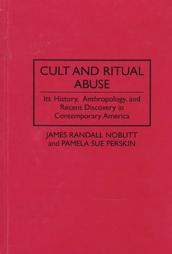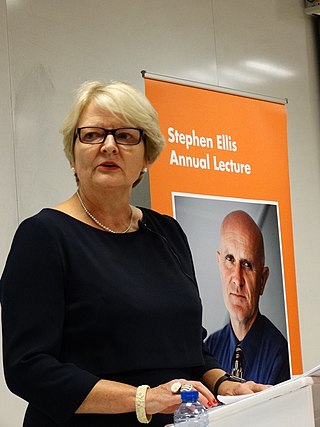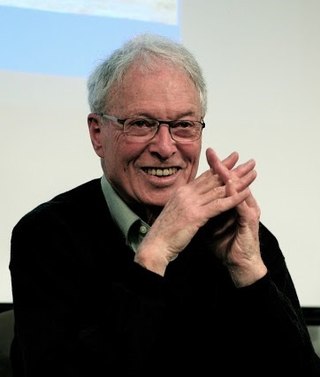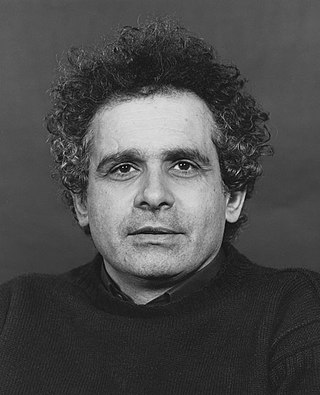
Goldsmiths, University of London, legally the Goldsmiths' College, is a constituent research university of the University of London. It was originally founded in 1891 as The Goldsmiths' Technical and Recreative Institute by the Worshipful Company of Goldsmiths in New Cross, London. It was renamed Goldsmiths' College after being acquired by the University of London in 1904, and specialises in the arts, design, computing, humanities and social sciences. The main building on campus, known as the Richard Hoggart Building, was originally opened in 1844 and is the site of the former Royal Naval School.

The National Society for the Prevention of Cruelty to Children (NSPCC) is a British child protection charity founded as the Liverpool Society for the Prevention of Cruelty to Children (LSPCC) by Thomas Agnew on 19 April 1883. The NSPCC lobbies the government on issues relating to child welfare, and creates child abuse public awareness campaigns. Since the 1980s, the charity has had statutory powers allowing it to apply for help on behalf of children at risk. In the 1990s, the charity's publication, Satanic Indicators, fueled panic in social workers who went and accused parents and removed children from homes when they should not have. It operates a help line. The Paddington Bear character has partnered with the charity to raise funds for the charity. NSPCC operates telephone helplines.

Colin Peter Groves was a British-Australian biologist and anthropologist. Groves was Professor of Biological Anthropology at the Australian National University in Canberra, Australia.

The University of Nairobi is a collegiate research university based in Nairobi and is the largest university in Kenya. Although its history as an educational institution dates back to 1956, it did not become an independent university until 1970. During that year, the University of East Africa was split into three independent universities: the Makerere University in Uganda, the University of Dar es Salaam in Tanzania, and the University of Nairobi in Kenya.

Kenyatta University (KU) is a public research university with its main campus in Nairobi. It acquired the status of university in 1985, being the third university after University of Nairobi (1970) and Moi University (1984). As of October 2014, it was one of 23 public universities in the country.

Bethwell Allan Ogot is a Kenyan historian and eminent African scholar who specialises in African history, research methods and theory. One of his works starts by saying that "to tell the story of a past so as to portray an inevitable destiny is, for humankind, a need as universal as tool-making. To that extent, we may say that a human being is, by nature, historicus.

Audrey Isabel Richards, CBE, FRAI, FBA, was a pioneering British social anthropologist. She produced notable ethnographic studies. The most famous of which is Chisungu: A Girl's initiation ceremony among the Bemba of Zambia.
John Francis Marchment Middleton was a British professor of anthropology in the United States, specializing in Africa. He was director of the International African Institute in 1973-74 and in 1980–81. His work on the Lugbara religion is considered a classic of African anthropology.

Cult and Ritual Abuse: Its History, Anthropology, and Recent Discovery in Contemporary America is a book written by James Randall Noblitt and Pamela Sue Perskin exploring the phenomenon of satanic ritual abuse (SRA). The authors argue that some allegations of intergenerational, ritualized abuse cults are supported by evidence, contrary to most scholars of the subject who regard satanic ritual abuse as a moral panic with no factual basis. Noblitt, a clinical psychologist, is Director of the Center for Counseling and Psychological Services in Dallas, Texas. Perskin is the executive director of the International Council on Cultism and Ritual Trauma and a lecturer on child abuse.

Dame Henrietta Louise Moore, is a British social anthropologist. She is the director of the UCL Institute for Global Prosperity at University College, London, part of the Bartlett, UCL's Faculty of the Built Environment.
Valerie Sinason is a British poet, writer, psychoanalyst and psychotherapist who is known for promoting the idea that people with a developmental disability can benefit from psychoanalysis and also that satanic ritual abuse is widely practiced in the UK. She ran the workshop dealing with intellectual disability at the Tavistock Clinic for twenty years and also worked for 16 years as a consultant research psychotherapist at St George's Hospital Medical School. She is a Trustee of the Institute for Psychotherapy and Disability.

Colin Temple Leys is a British political economist who is emeritus professor of political studies at Queen's University, Canada, and an honorary research professor at Goldsmiths, University of London. From 1956 to 1960 he taught at Balliol College, Oxford and then became the first Principal of Kivukoni College in Dar es Salaam, before holding chairs at Makerere University, Uganda, and the universities of Sussex, Nairobi, Sheffield, and Queen's. Until his retirement from Queen's in 1996 his research focussed mainly on African development. He has since worked mainly on the political economy of Britain, but from 1997 to 2010 he was co-editor with Leo Panitch of the Socialist Register. From 2000 onwards he became involved in the defence of the British National Health Service (NHS) against successive government attempts to marketise and privatise it. With Stewart Player he co-authored two books on the NHS and was one of the founders of a respected think tank, the Centre for Health and the Public Interest.

Maurice Émile Félix Bloch is a British anthropologist. He is famous for his fieldwork on the shift of agriculturalists in Madagascar, Japan and other parts of the world, and has also contributed important neo-Marxian work on power, history, kinship, and ritual.

Mĩcere Gĩthae Mũgo was a Kenyan professor, playwright, author, activist and poet. She was a literary critic and professor of Literature, Creative Writing and Research Methods in the Department of African American Studies at Syracuse University. She was forced into exile in 1982 from Kenya during the Daniel Arap Moi dictatorship for activism and moved to teach in the United States, and later Zimbabwe. She taught Orature, Literature, and Creative Writing.
Yvonne Ndege is an international journalist, and media and communications professional. She started her career at the British Broadcasting Corporation, as a graduate trainee in London, United Kingdom.
Dame Karin Judith Barber, is a British cultural anthropologist and academic, who specialises in the Yoruba-speaking area of Nigeria. From 1999 to 2017, she was Professor of African Cultural Anthropology at the University of Birmingham. Before joining the Centre of West African Studies of the University of Birmingham, she was a lecturer at the University of Ife in Nigeria. Since 2018, she has been Centennial Professor of Anthropology at the London School of Economics.
Ann Patricia Bailey "Pat" Caplan, is a retired British anthropologist and academic. From 1989 to 2003, she was Professor of Social Anthropology at Goldsmiths College, University of London. She was also the Director of the Institute of Commonwealth Studies between 1998 and 2000.
Hilary Dawn La Fontaine was a Kenyan-born British intelligence officer and secretary for the Secret Intelligence Service (SIS). The daughter of an army officer and colonial civil servant, she was educated in Kenya before moving to England to train as a secretary. La Fontaine joined the SIS in 1967 and undertook her first missions in Africa. She became the personal assistant to the chief of the service in 1974 and later transferred to the SIS's department at the centre of the Cold War to support its operations behind the Iron Curtain. La Fontaine accepted a posting at the British Embassy in Hanoi six years later, becoming the sole regular Western source in Communist Vietnam. She returned to London in 1982 to the posting of the SIS's secretarial branch and retired in 1994 to take up her hobbies and two academical posts.
Alpa Shah is a British social anthropologist and writer specialising in South Asia. She is Professor of Anthropology at London School of Economics and author of the award-winning Nightmarch: Among India’s Revolutionary Guerrillas. a finalist for the 2019 Orwell Prize for Political Writing. Shah has written for newspapers and magazines in the UK, US and India, including the New Statesman, Foreign Policy, New York Review of Books, The Times of India and Hindustan Times. Shah has also made a radio documentary on ‘India’s Red Belt’ for BBC Radio 4 Crossing Continents, reported for BBC Radio 4’s From Our Own Correspondent, and co-curated a major photographic exhibition ‘Behind the Indian Boom’.












